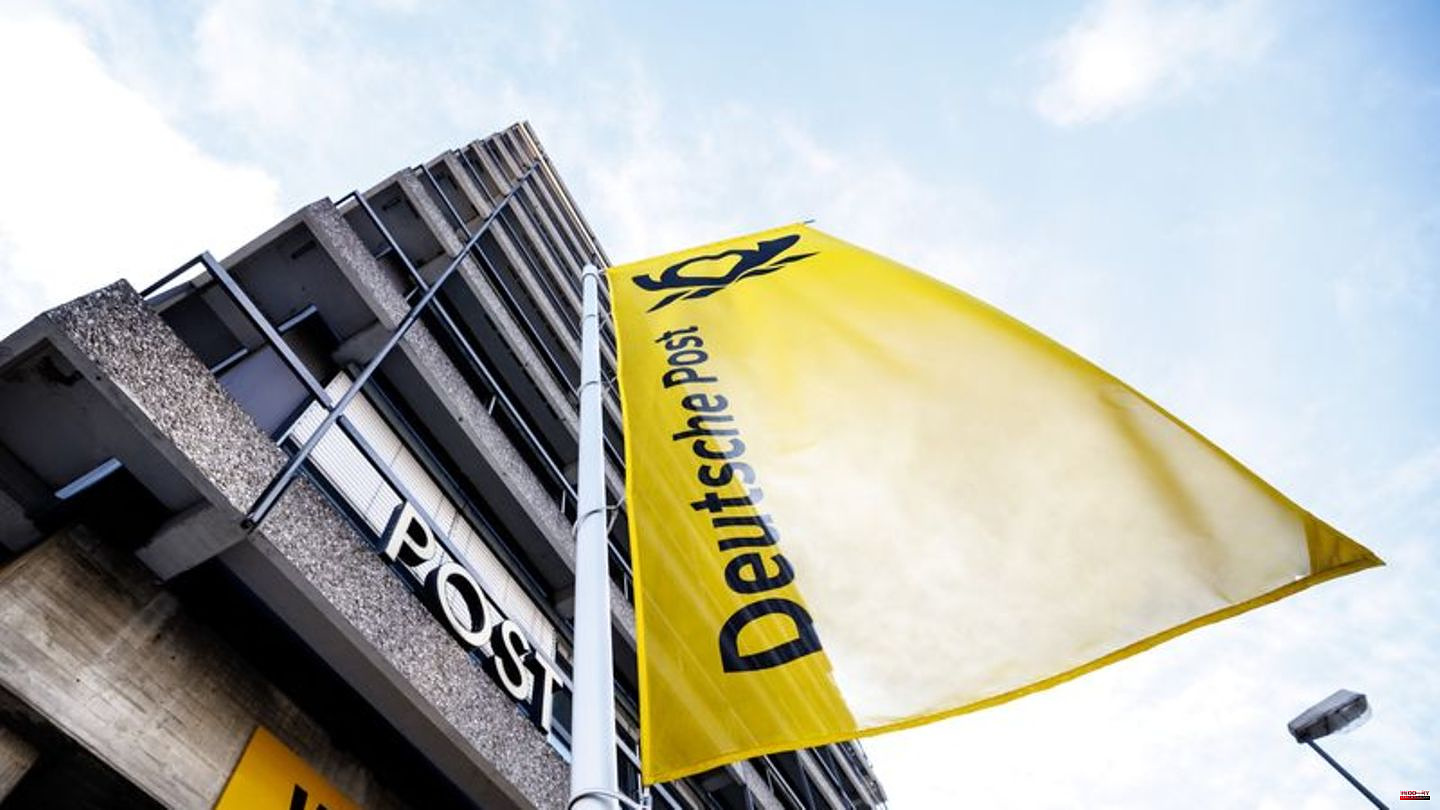Starting this Monday, the Verdi union will have a vote on whether there should be an indefinite strike in the collective bargaining dispute at Deutsche Post. The Verdi members employed by Swiss Post can decide on this by March 8th. If more than 75 percent of those surveyed reject the postal tariff offer, open-ended industrial action is to be initiated. Then consumers would have to be prepared for considerable delays in receiving letters and parcels.
Verdi is demanding a one-year contract with 15 percent more money. The group considers this to be economically unaffordable and offers a two-year collective agreement with various financial components. According to Post, the entry fee for a parcel sorter would increase by 20.3 percent in this period and that of a delivery person by 18 percent. In addition, the tax-free inflation compensation premium should flow to a total of 3000 euros.
From Verdi's point of view, this offer is not enough. Almost 90 percent of the pay scale employees are grouped in pay grades one to three. The basic monthly salary here is between 2108 and 3090 euros gross. "These salaried employees are particularly affected by high inflation because they have to spend a large proportion of their net income on food and energy," the union said on Sunday. The last tariff increase in January 2022 was two percent.
Imminent delays for customers in the event of strikes
The Group has drawn up emergency plans in order to keep the disruption to customers to a minimum. "But if there are actually widespread, indefinite strikes, we won't be able to completely prevent delays," said Thomas Schneider, head of operations for the letter and parcel division, of "Bild am Sonntag". He reacted with incomprehension to the ballot: "We have presented the best tariff offer in the history of our company."
In principle, Swiss Post is also considering outsourcing more of its tasks. "As Post for Germany, we have built up an operating model over many decades that operates exclusively with our own resources," HR Director Thomas Ogilvie told the newspapers of the Funke media group. "If Verdi now questions all of this against the background of short-term maximum wage increases, we will have to rethink our operating model."
Effects on jobs
This would then also affect jobs. The question arises as to whether locations could continue to be operated in-house or whether they would be outsourced. In the parcel sector, the Post has 98 percent of its own value added in the delivery. "Operating and sorting centers are in-house. We have the letter delivery completely in-house," said Ogilvie. So far, outsourcing of letter delivery has been contractually excluded until the end of June.
The union described the statements as "unreasonable intimidation" of workers. "Fostering fears in this way is another attempt to negatively influence employees in the ballot," said Verdi Deputy Chairwoman Andrea Kocsis on Sunday, according to a statement. "The intention behind the threatened spin-off is clear: good collectively agreed pay is to be circumvented by outsourcing."
Collective bargaining for around 160,000 Deutsche Post employees such as parcel carriers and postmen failed last week. According to Verdi, over 100,000 of them are members of the union. There had already been warning strikes in the past few weeks - that's the name of work stoppages that take place before a ballot and are temporary. These industrial action measures had delayed the dispatch of millions of letters and packages.









